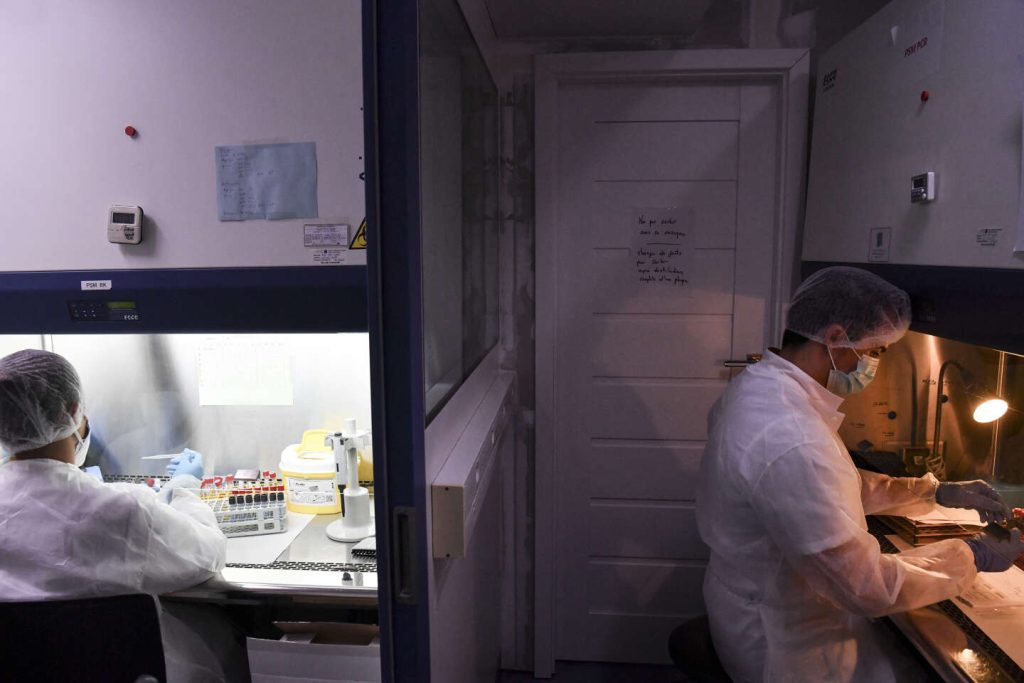In the past fifteen years, the private medical sector in France has experienced an unprecedented level of consolidation. In 1980, there were over 4,000 companies of medical biology laboratories, which has now decreased to less than 400 in 2021. During this time, large private groups, backed by investment funds, have been acquiring laboratories from independent medical biologists and merging structures. In 2021, six groups controlled 61% of the city’s medical biology: Unilabs, Biogroup, Cerba Healthcare, Inovie, Synlab, Eurofins. According to the general director of the National Health Insurance Fund, Thomas Fatôme, in July 2023, they now own “more than two-thirds” of the sector.
The shift towards consolidation has been attributed to pressure on independent practitioners to meet quality standards while facing pricing pressures, resulting in many choosing to sell their labs rather than risk bankruptcy. This has allowed larger groups to acquire smaller practices with attractive offers. The state’s policies are also blamed for contributing to this situation. Lionel Barrand, a liberal biologist and president of the national union of Medical Biologists, accuses the government of pushing biologists into the arms of investors by imposing heavy regulations and financial constraints.
Until the late 1980s, medical biology practices were usually owned by practicing biologists managing small teams, and the business was profitable due to high demand and productivity gains from automation. However, in the 1990s, the government sought to cut costs through economies of scale by encouraging practitioners to merge into larger entities, often operating multiple labs. To facilitate financing, the law allowed non-biologist investors to own up to 25% of the newly formed liberal practice companies, with a majority ownership required by practicing biologists.
While mergers remained relatively small in the following decade, the legal landscape shifted in 2001 with the Murcef law, which allowed for larger consolidations and permitted non-practicing biologists to have a majority stake in liberal practice companies. This legal opening allowed investment funds to exploit European laws to acquire majority shares in French labs through foreign biology companies, leading to the creation of large laboratory chains. This change in ownership structure has raised concerns about the concentration of power in the hands of financial giants in the medical sector.
The implications of these changes are significant for the future landscape of medical practices in France. The dominance of a small number of large groups in the medical biology sector raises questions about competition, access to healthcare, and the quality of services provided. The challenge for policymakers will be to strike a balance between efficiency gains from economies of scale and the need to preserve diversity, innovation, and patient care in a more consolidated industry. As the sector continues to evolve, it will be crucial to monitor and address the potential impacts on patients, practitioners, and the healthcare system as a whole.


